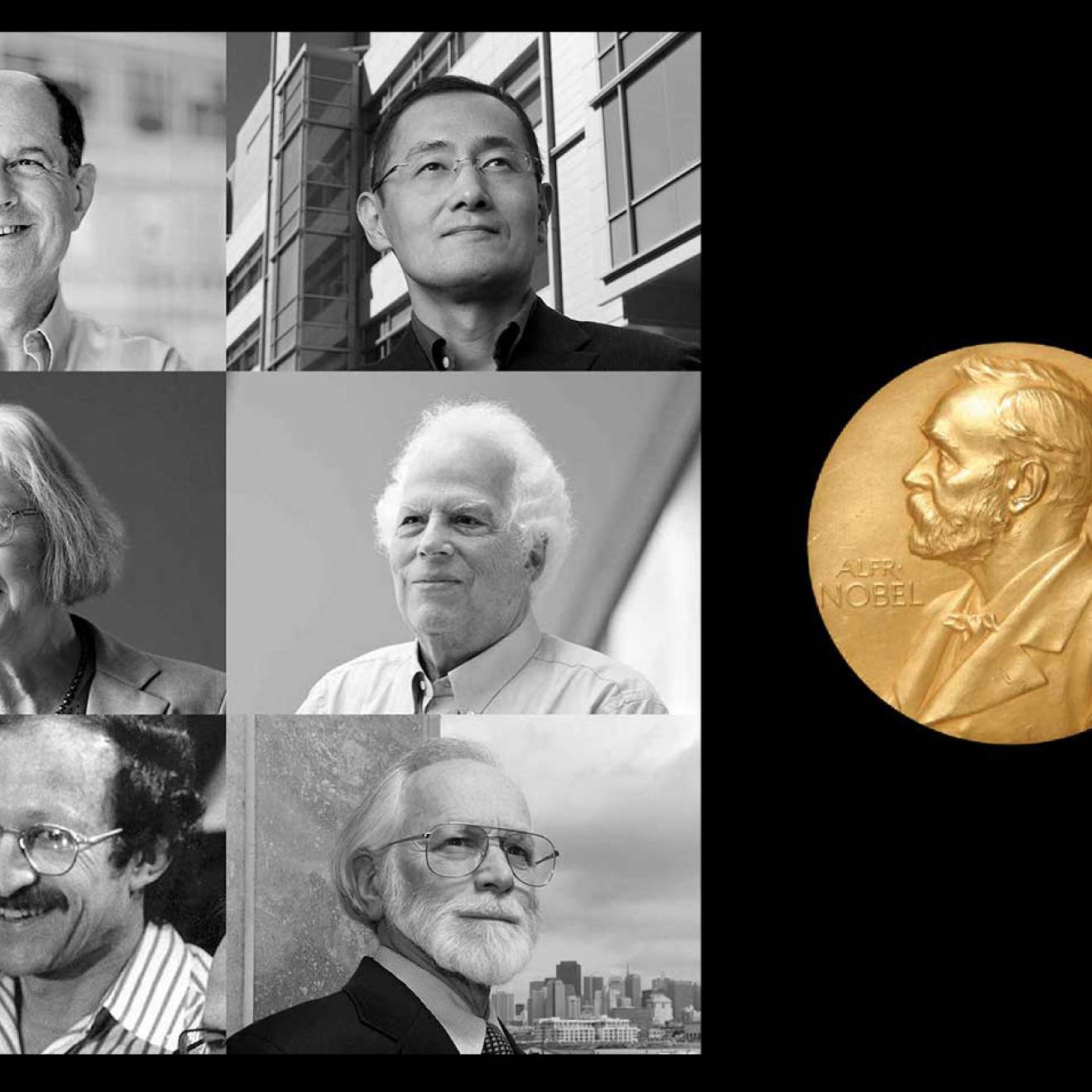Iqbal Pittalwala, UC Riverside

Scientists have long understood that mother’s milk provides immune protection against some infectious agents through the transfer of antibodies, a process referred to as “passive immunity.” A research team at UC Riverside now shows that mother’s milk also contributes to the development of the baby’s own immune system by a process the team calls “maternal educational immunity.”

Credit: Elin Kleopatra Danielson-Gambogi
Specific maternal immune cells in the milk cross the wall of the baby’s intestine to enter an immune organ called the thymus. Once there, they “educate” developing cells to attack the same infectious organisms to which the mother has been exposed.
The research, which used mouse foster nursing models, has important implications for vaccinating newborn babies. The researchers show that you can vaccinate the mother and this results in vaccination of the baby through this process.
“It’s another way moms provide immune information to their babies,” said Ameae Walker, a professor of biomedical sciences in the UC Riverside School of Medicine, who led the research. “It’s as though the mother is saying, ‘Look what I have seen in the environment that you need to be immune to as well.’ The replicas – the copies of the maternal immune cells that the baby makes – will provide immunity to the baby for life.”
Research results appear in the Journal of Immunology.
“Some vaccines are not safe to give a newborn baby and others just don’t work very well in newborns,” Walker said. “If we can instead vaccinate mom or boost her vaccination shortly before she becomes pregnant, transferred immune cells during breast feeding will ensure that the baby is protected early on. While our work has used mouse models because we can study the process in detail this way, we do know that milk cells cross into human babies as well.”
Breastfeeding also protects mothers, too
Breastfeeding as recommended — for a total of one year and exclusively for six months — could protect moms as well as their babies from premature death and serious diseases and save the U.S. more than $4.3 billion in health care and related costs, according to a new study published online in Maternal & Child Nutrition.

Study authors said their findings highlight the importance of providing women with the support they need to breastfeed their babies — for their own health and the health of their children.
"Breastfeeding has long been framed as a child health issue, however it is clearly a women’s health issue as well,” said study co-author Eleanor Bimla Schwarz, professor of internal medicine at UC Davis Health System. “Breastfeeding helps prevent cancer, diabetes and heart disease, yet many women have no idea breastfeeding has any of these benefits."
"Breastfeeding is far more beneficial in preventing disease and reducing costs than previously estimated,” said lead author Melissa Bartick, assistant professor of medicine at Harvard Medical School and a hospitalist at Cambridge Health Alliance. “The results should compel all hospitals to develop programs aimed at helping new moms learn to breastfeed their babies."

Credit: UC San Diego
UC San Diego to establish Mother's Milk Bank
For newborn infants, research consistently shows that human milk provides the healthiest possible start to life. The impact is even more significant for premature babies, yet many of these tiny patients—who need human milk the most—may not get it, as their mothers are often ill and may not produce enough milk for their baby. While over the past decade more hospitals across the country have begun offering babies donor human milk, not all San Diego hospitals have access to donor milk due to costs, lack of knowledge and critical shortages in supply.
With the goal of addressing this important need and giving all local infants the nutrition necessary to thrive, San Diegans Hannah and Zachary Johnson recently made a generous gift to UC San Diego to launch the Mother’s Milk Bank at UC San Diego. The center will be the first community milk bank in the region and only one of two in California.
“We are excited to support the creation of a Mother’s Milk Bank at UC San Diego,” said Hannah Johnson. “We truly believe that sound nutrition is the best way to achieve a lifetime of health and wellness. There is no nutrition as beneficial to a new life as that from mother’s milk, and it is with much passion that we seek to support every family who is striving to give their children the best start in life.”
The Mother’s Milk Bank, which will be established by the Division of Neonatology at UC San Diego Health, will collect and provide donor milk to local hospitals for the optimal care of infants who need the milk most. The bank will also aim to work with community partners to improve area breastfeeding education and awareness regarding the need for donations of excess milk, as many mothers with excess milk know very little about milk donation. The Mother’s Milk Bank will be led by Dr. Lisa Stellwagen, professor of clinical pediatrics at UC San Diego School of Medicine, lactation director for the UC San Diego Supporting Premature Infant Nutrition Program (SPIN) and medical director for Newborn Services at UC San Diego Health, and Dr. Jae Kim, professor of clinical pediatrics at UC San Diego School of Medicine and nutrition medical director for SPIN.
“Breastfeeding is the ideal source of nutrition for healthy term infants, but premature infants are born unable to start with breastfeeding and that is why we focus on pumping mother’s milk instead,” said Kim. “Mother’s milk versus formula is far superior in preventing serious infection and inflammation in vulnerable premature infants. Yet, the current demand is outstripping supply, which is why we are so passionate about a Mother’s Milk Bank in San Diego.”

